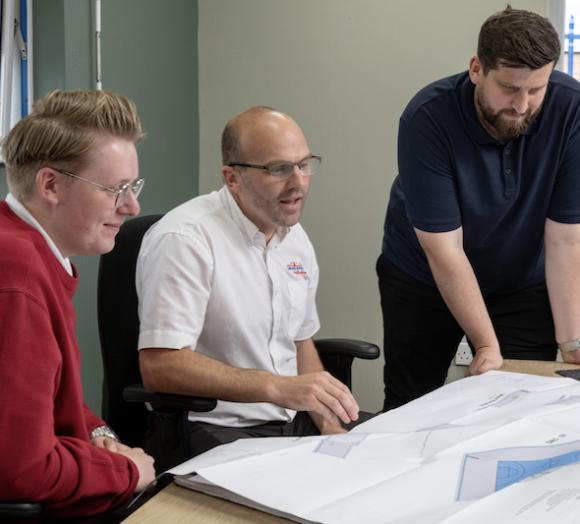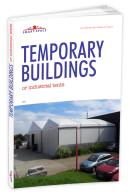
Having recently updated our popular planning permission guide it reminded us that there’s a whole lot of information to decipher and absorb. Thankfully we are lucky enough to have good people around us who are highly knowledgeable in this field so our published information is regularly fact-checked and our team is on standby for advice and help with your planning processes.
When don’t you need to apply for planning permission?
This is what everyone wants to know so we’ll start here! There are two main ways to avoid the paperwork and processing time:
- If your proposed build meets ‘permitted development’ (PD) specification you won’t need planning permission
- Also you won’t need to apply if your building is for industrial or commercial use and will be used for less than 28 days continuously
What is permitted development?
This is the term used for some buildings that don’t need planning permission – there is a checklist that can give you baseline information. If your building looks as though it is allowed under PD, a few further checks will give you the confidence to make a decision on how you might wish to proceed. Most of our clients who tick all the PD boxes don’t usually pursue official planning consent.
Lawful Development Certificate
If you’re uncertain about being exempt and prefer to have everything in order, it’s worth considering a Lawful Development Certificate (LDC). It’s a bit like a shorter version of the traditional planning process and legally proves that you don’t need to apply for planning permission so it covers all bases. There are a number of rules around planning permission for temporary structures – and interestingly they are slightly different depending on where you are geographically - so it might pay to have an LDC to be on the safe side.
The planning process for instant buildings and temporary structures
The Smart-Space planning guide covers the three main options of: going down the planning permission route; considering retrospective planning; and also not getting permission. It’s always worthwhile having a site visit from our projects team who have a wealth of knowledge of planning permission within the context of instant buildings – whether temporary or permanent. They can help guide you in the first instance. This might help you decide what’s right for your proposed installation.
QR codes for helpful information
In our revised guide, for the more obscure, complex or likely-to-change planning issues, we’ve included a couple of QR codes to help you to keep up-to-date. These will be useful to check on between revisions to the guide. The QR codes provide links to websites where you can check the cost of planning applications and also keep abreast of the full criteria for PD which is lengthy.
Broadly speaking, planning permission for a Smart-Space building is a quick and straightforward process. We will already have advised on the ideal location for your installation, explored the site in more detail and requested information from you. This all helps to build a picture and ensure there are no delays or missing paperwork, if you choose to submit an application.
Our team does this day in, day out, so we are able to help. If the circumstances are particularly unusual we will refer the process to our planning specialists who will support the application on your behalf. Ultimately a large percentage of Smart-Space buildings don’t go down the planning route but it’s important to understand how it all works and to make your own considered judgement.
Take a look at our new planning guide for temporary buildings here.


